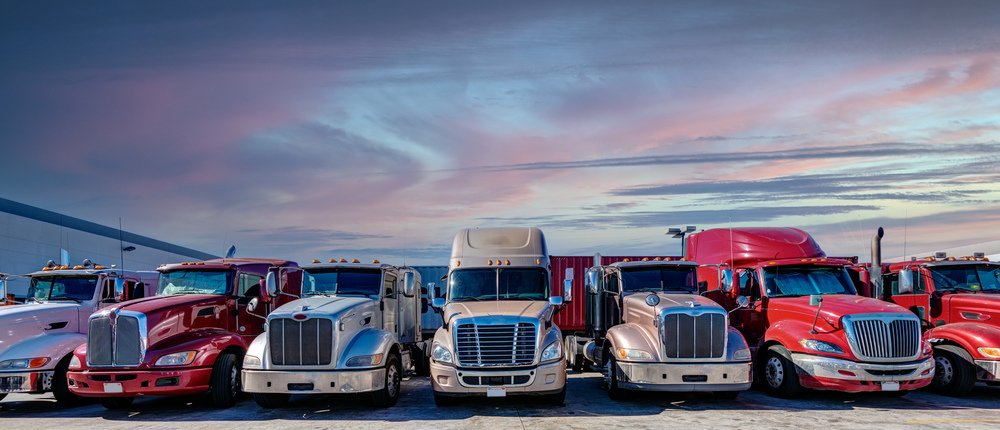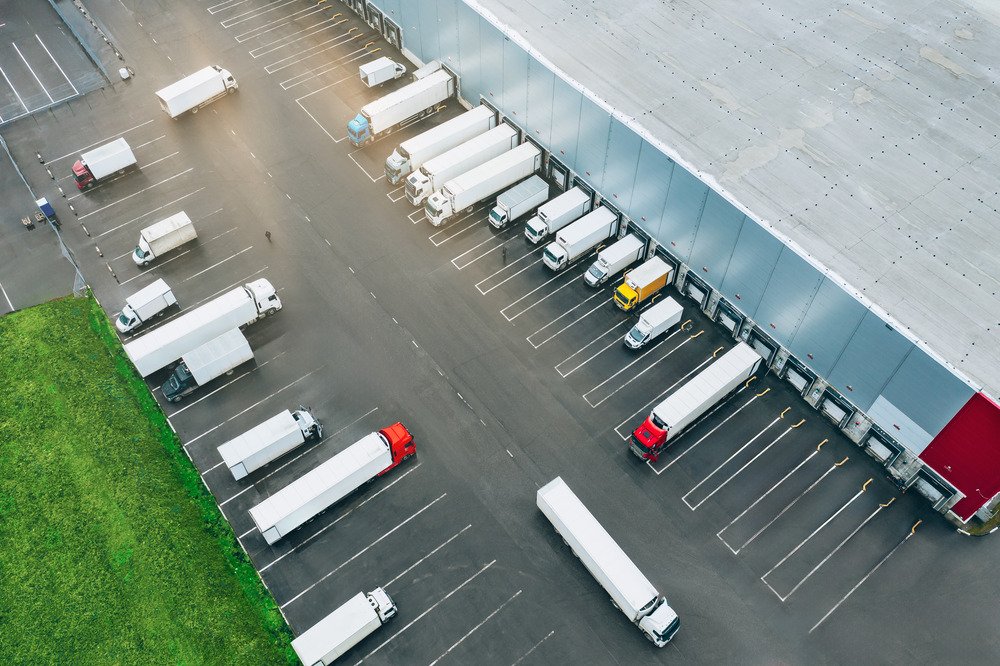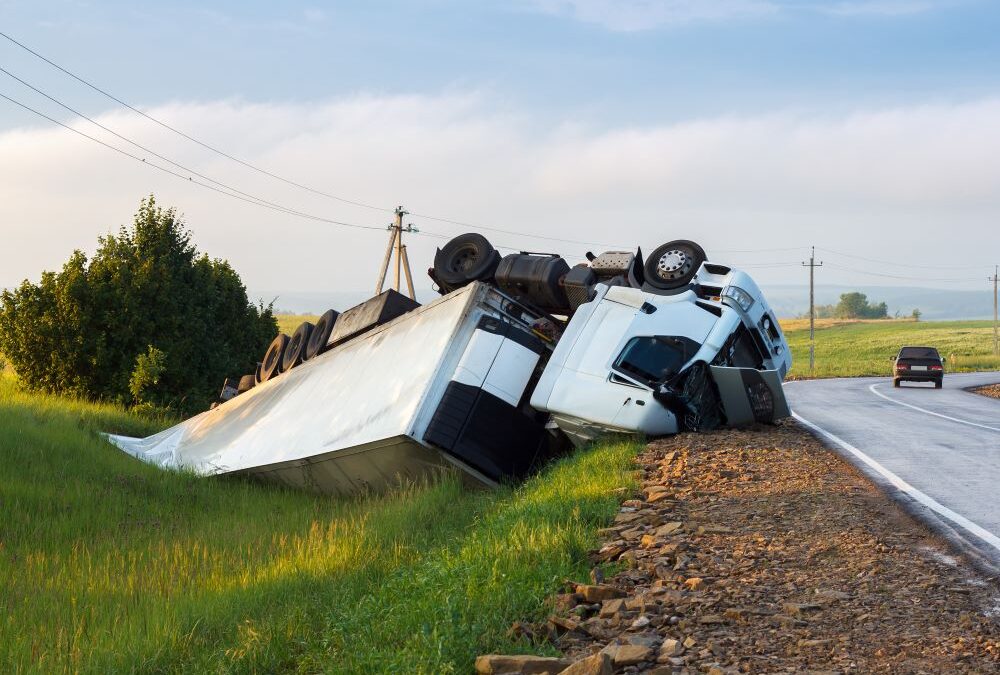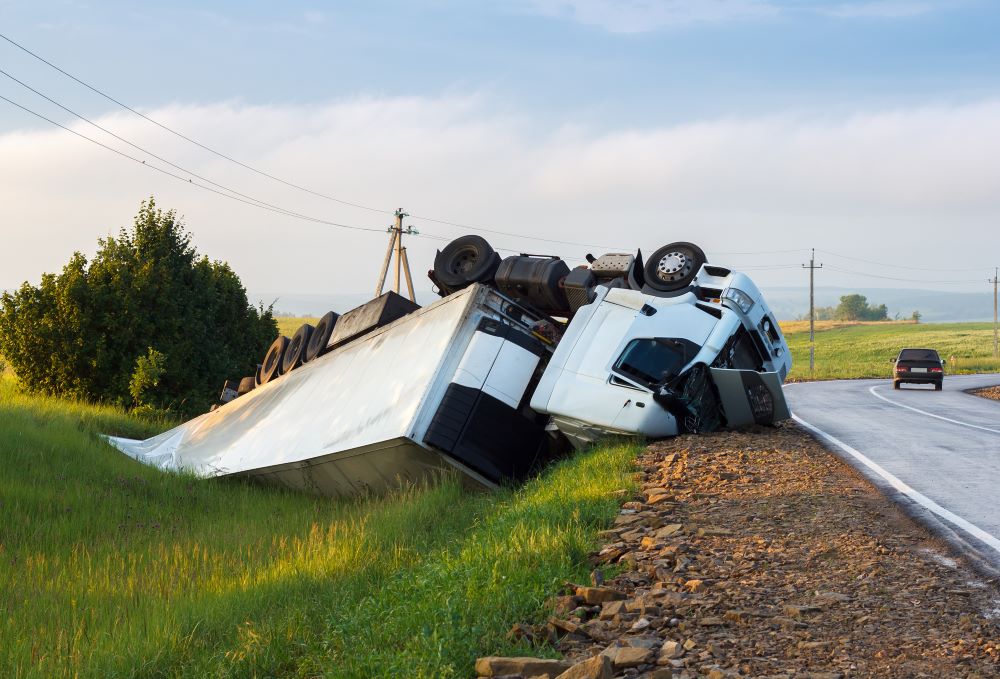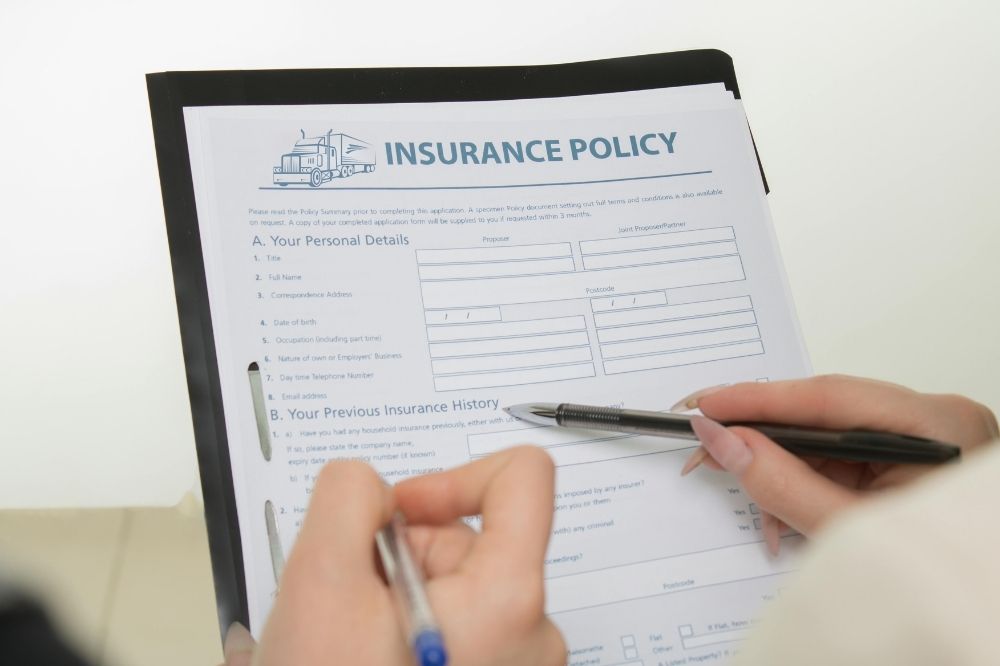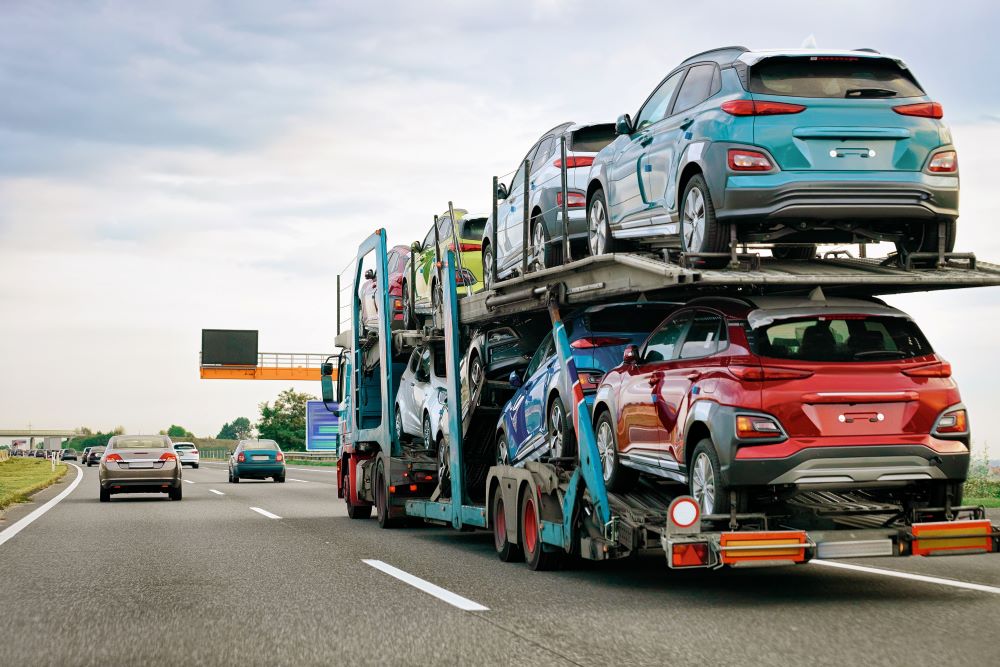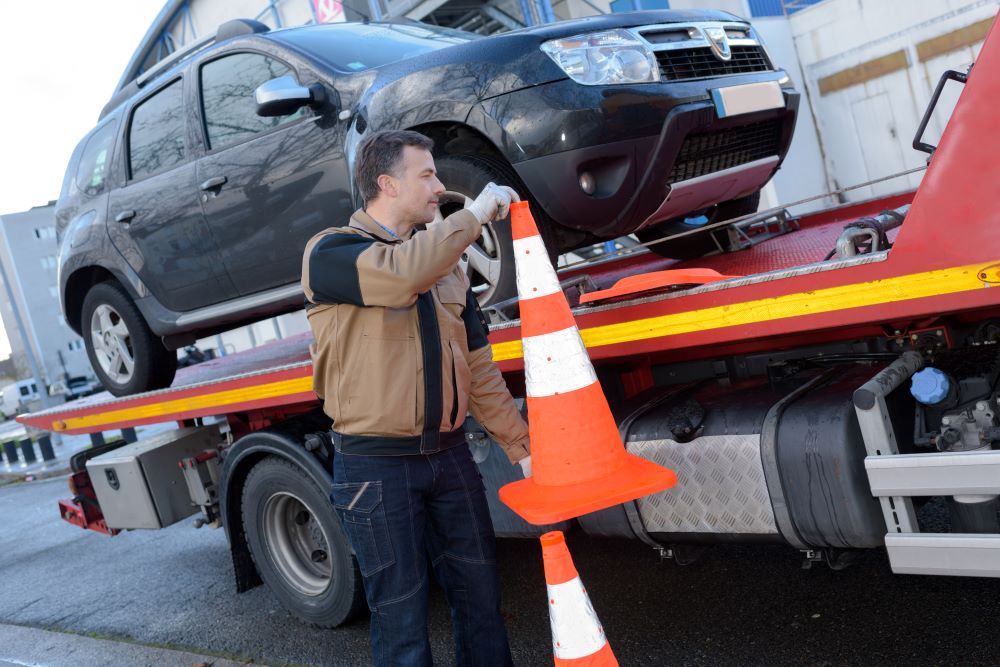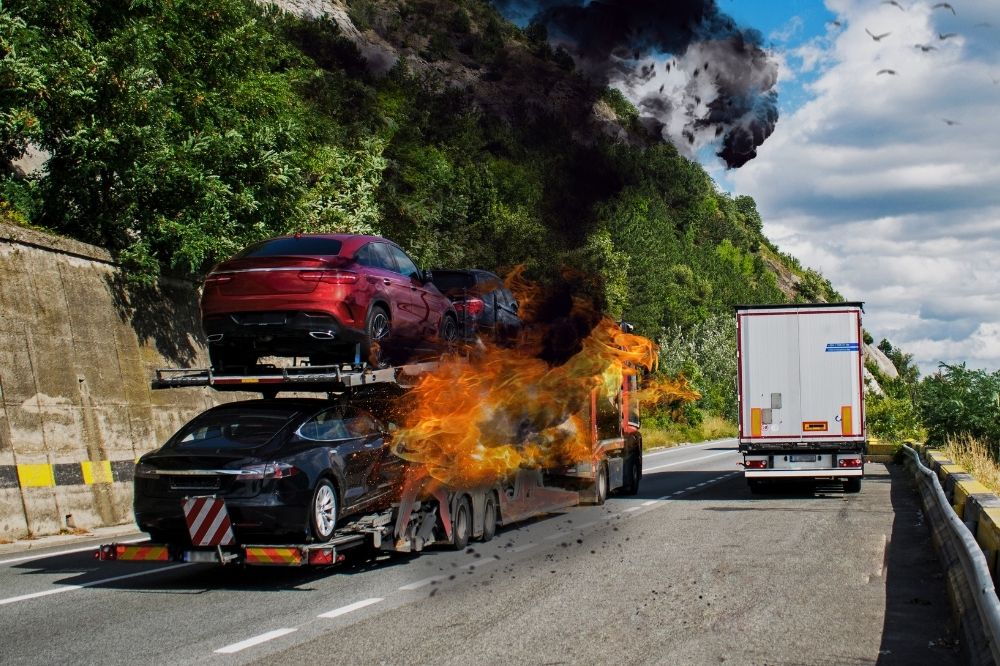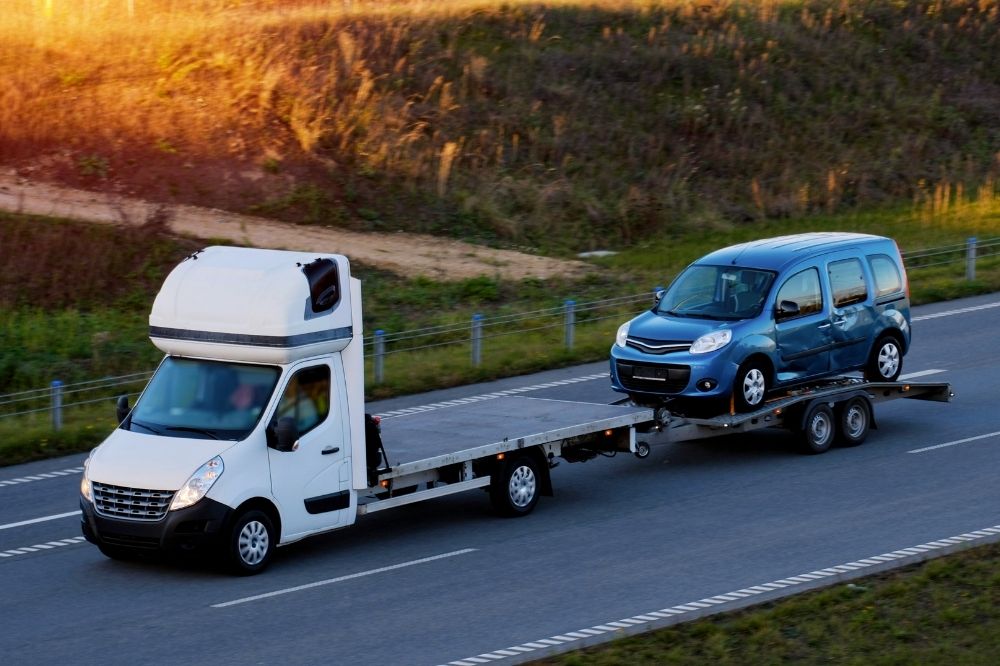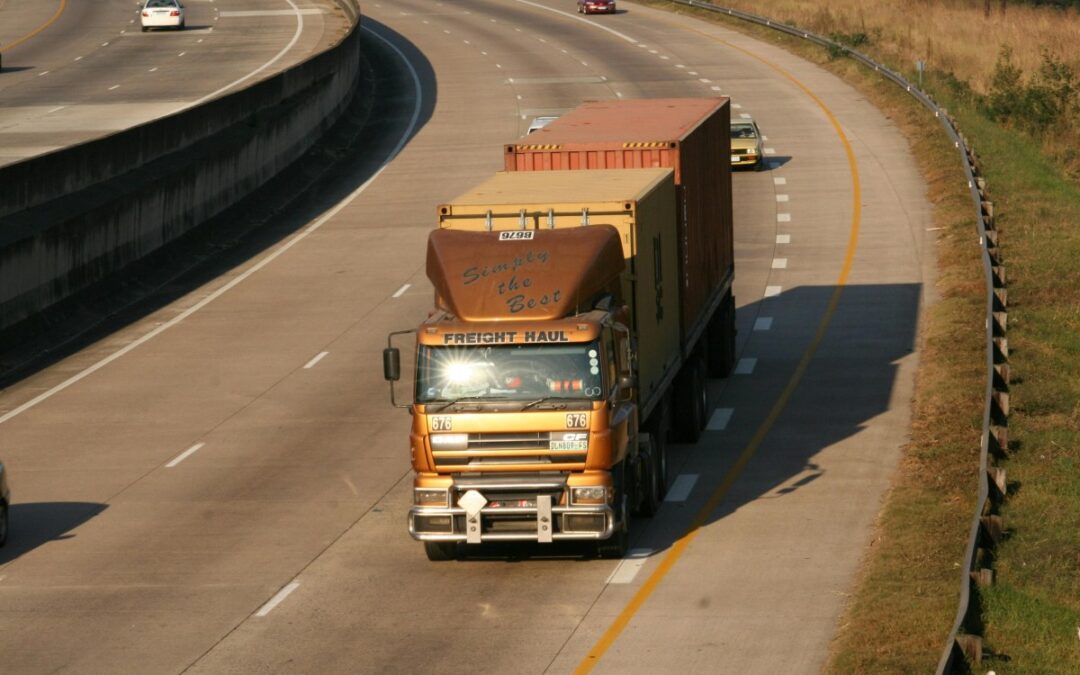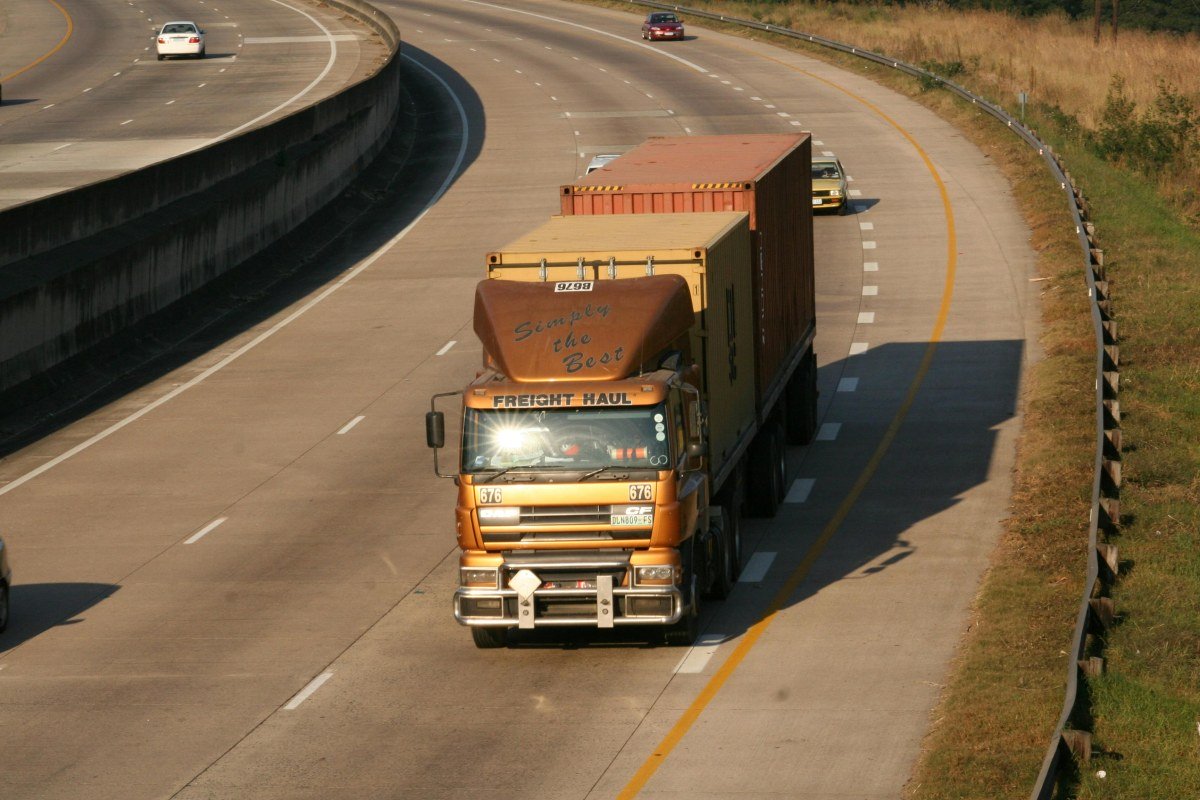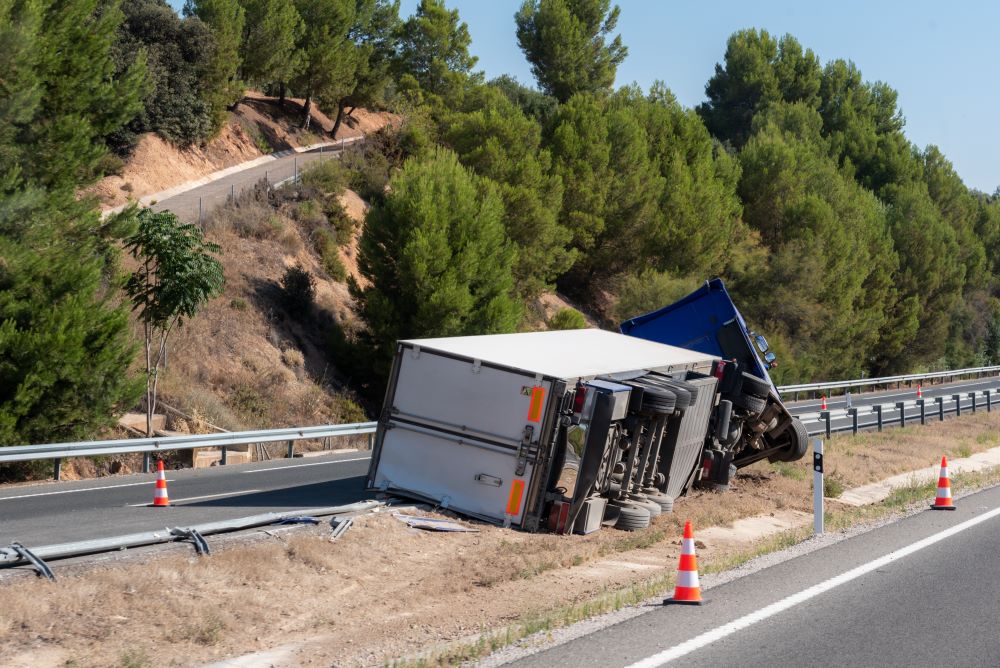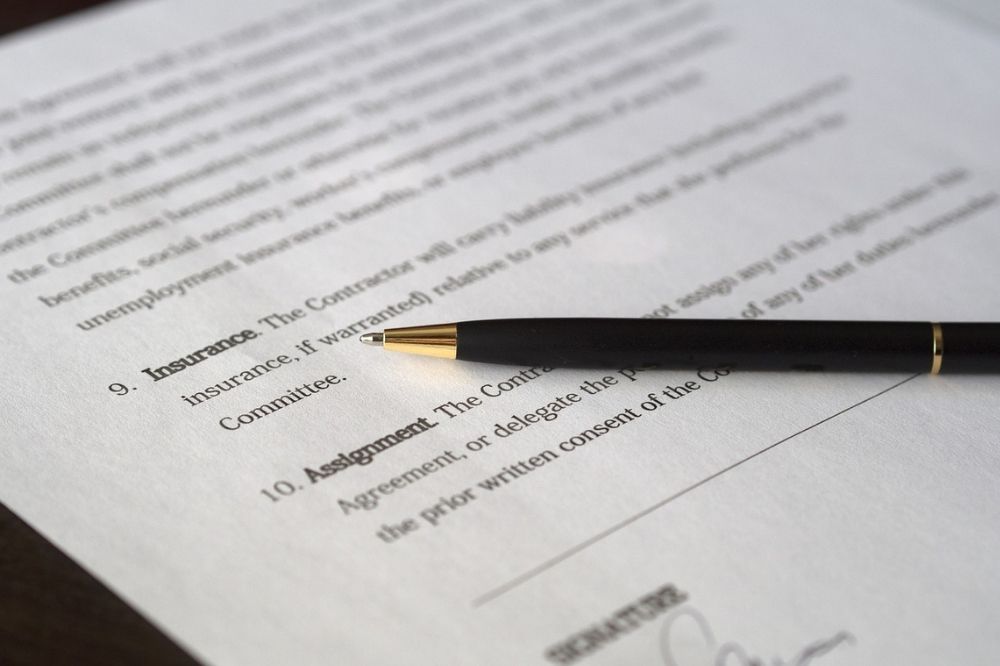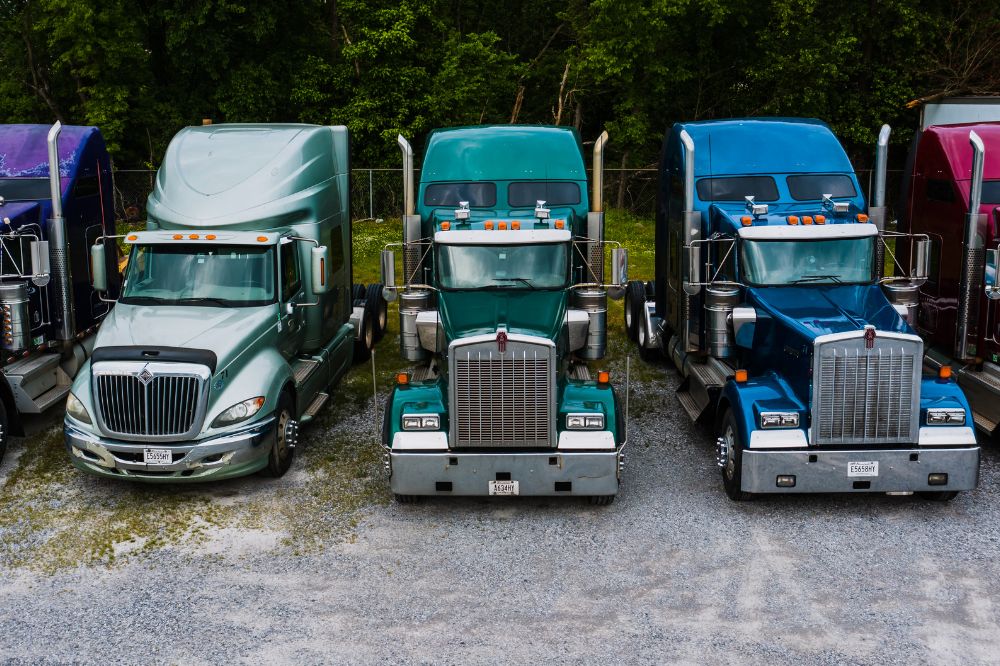
Whether you lease a truck from a motor carrier or are a solo owner/operator, you’ll drive more confidently knowing your truck is insured. But with so many insurance companies and policies on the market, how can you know which one is right for you?
Don’t worry, we’ve got this. Our commercial truck insurance tips will help you find the best coverage for your trucking operation.
5 Tips to Find the Perfect Commercial Truck Insurance
Truck insurance is crucial for over-the-road trucking, where goods are transported across state lines or international borders.
But just as there are many types of commercial vehicles and trucking businesses, there are also different types of commercial vehicle insurance. The policy you choose should reflect your specific needs. These commercial truck insurance tips will help you find the perfect commercial truck insurance coverage.
1. Assess Your Trucking Business Needs
One of our top commercial truck insurance tips may sound obvious. But it’s the foundation for finding the right commercial truck insurance and the best coverage options.
Assess your business needs. If you are an owner/operator with one truck, your needs will differ from a large motor carrier with a large fleet of commercial vehicles.
If you lease your trucks to drivers, you’ll have different insurance obligations than someone leasing trucks for his growing transport business.
Let’s explain. As a truck owner, you are responsible for liability coverage, even if you lease that truck out to another driver. If you’re being financed or are leasing a truck, you won’t be responsible for liability coverage. But if you’re the driver, you may still need cargo or physical damage insurance.
So, check what insurance you are required to have and what is in your business’s best interests.
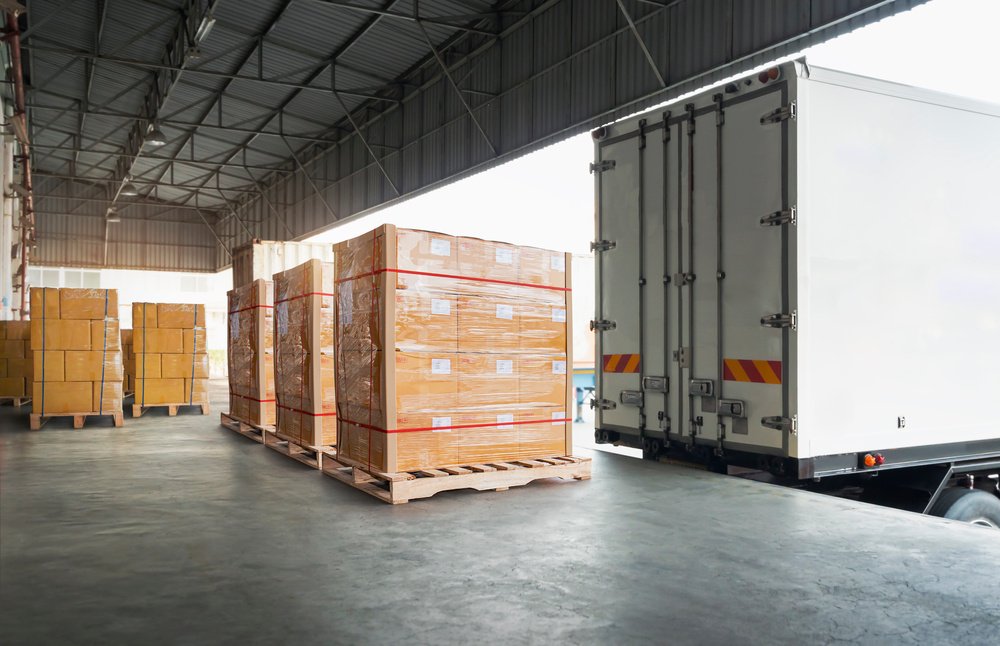
2. Know the Different Types of Truck Coverage
There are different types of truck coverage, and you may need more than one type for your business. So, do your research. Learn about the different types of truck insurance and what they cover. Here are a few examples of the most common types of commercial truck insurance.
Primary Liability Coverage
This is mandatory for all truck owners. Trucking business owners and lessors are responsible for this, not lessees. Primary truck liability coverage protects against third-party claims for bodily injury and resulting medical expenses or property damage caused by your commercial truck.
Insurance forms are filed by the insurer, not the trucking business or broker.
Non-Trucking Liability Insurance
If you’re an independent contractor, you might sometimes use your truck for non-work purposes, too. We get it. It’s convenient. However, regular commercial vehicle insurance won’t cover a truck accident that happens while doing this.
Non-trucking liability coverage is for the physical damage and bodily injury (claims for medical bills) to third parties that happen while using your truck for non-business reasons.
Motor Truck Cargo Coverage
Cargo coverage protects the goods or cargo being transported by a commercial truck against damage or loss. If you’re leasing a truck, take note that lessees have to see to their own cargo insurance. There are different types of cargo coverage, depending on how comprehensive you want that protection to be.
Physical Damage Coverage
Accidental damage or vandalism can cause serious harm to your trucks. Without accidental damage insurance, you’ll face costly repairs and downtime. Even though federal law does not require it, financers and lessors may require this insurance before they will finance or lease out a truck.

3. Shop Around For a Good Deal
You can get a better deal on anything by shopping around.
Whether you need commercial financing for a new box truck or a used semi-truck, a loan for truck repairs, to affordable commercial truck insurance. You’ll find a great deal, but you need to be proactive. Never choose an insurance policy in a rush or without reading the fine print.
4. Work With an Experienced Insurance Agent or Broker
The insurance industry can be complex, and all the jargon insurance agencies use doesn’t make it any easier to navigate. Consult an industry expert with experience and expertise in insuring commercial vehicles.
They will determine your coverage needs and legal requirements. And they will know which commercial vehicle insurance providers are active in your state. If you’re still building your new trucking company business, you need cheap truck insurance. Ask for advice about keeping commercial insurance costs within your budget.
5. Regularly Review Your Policy
What works for your trucking company today might not meet your needs a year or two from now. As your business expands and your fleet grows, your insurance requirements will change.
Regularly review your policy to check that you still have all the best commercial truck insurance coverage for your needs. Speak to your insurance broker and/or insurance carrier about your growing needs. They may have a policy that is a better fit for you.
Insights For Keeping Your Truck Insurance Policy Affordable
So much can go wrong along the road. You need protection for your drivers, your cargo, and your trucks. But if the cost of commercial truck insurance worries you, these insightful commercial truck insurance tips will help you keep your premiums affordable.

Cargo and Routes Influence Commercial Truck Insurance Costs
If you transport hazardous materials, drive through dangerous high-crime areas, or both, your trucks are at constant risk. Insurance is all about understanding and mitigating risks. When your vehicles are likely to be exposed to higher risk, your insurance premiums will be higher to accommodate this risk.
You might be unable or even unwilling to switch to transporting another category of cargo. But you might be able to do something about the routes you take or the safety features in place when driving through dangerous areas.
Check out the top mobile apps for truck drivers to optimize routes and navigate better in difficult road conditions.
Boosting Your Business Operations
If you want your commercial vehicle insurance to be more affordable, it helps if your business becomes more profitable. By adding another vehicle, even a used truck, you can increase your earning potential and manage insurance costs with ease.
But there’s another reason why it’s sometimes better to insure multiple vehicles with one insurer. Fleet insurance is a cost-effective option for transport businesses with multiple commercial vehicles and trucks. You’ll be able to insure all your vehicles under one policy and even pay lower premiums.
Paying Your Bill on Time
Pay your premiums consistently and on time. Too many late or missed payments can cause your policy to lapse. If this happens, your insurance carrier may cancel your policy. This can lead to legal consequences and even penalties in the case of insurance required by law.
It also means that you’ll lose the coverage you so desperately need. That will only place you under more financial strain. Plan so that you find premiums you can afford, and always pay them on time. Have a contingency plan that allows you to continue paying during months with less revenue.
Changing Your Coverage in the Middle of Your Term
In some cases, you can make changes to your coverage mid-term. For example, you may decide to add another vehicle to your business and thus need more coverage, or you may choose to cut out unnecessary coverage and save some money on premiums.
But don’t act without thinking it through. Switching your insurance early may also incur fees. Adding more coverage will require a down payment and will raise your future premiums. There are pros and cons to every insurance choice you make. Do the calculations first and decide whether it would be better to wait.
Conclusion
Commercial truck insurance is your ticket to confidence and compliance. And you don’t need insurance expertise to get the right coverage. With these commercial truck insurance tips, peace of mind can be yours, and at an affordable price.
With these burdens off your mind, you can focus on improving your transport services. Perhaps you need to do truck maintenance, upgrades, or repairs. Maybe you’d like to add another truck to your fleet. Whatever the case, you’ll find what you need at Mission Financial Services.
Contact us for a variety of financing and lending options to suit your needs and your budget.

